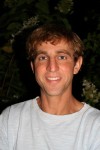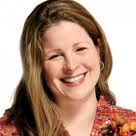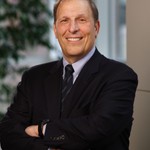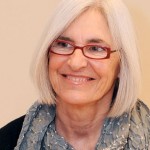
Thirty-year-old Andrew Abraham was trained as a physician. In his first year of residency, Andrew started his company, Orgain, which manufactures a certified organic fluid nutritional supplement—an organic “Ensure”. Founded in 2009, Orgain is now profitable, and its revenues exceed $6 million and growing rapidly. The company has no full time employees. Andrew and his wife Kathy live in Orange County, California, with their two young sons.
Andrew and Kathy Abraham on the advantages and disadvantages of leaving a professional career to start a business, and why Andrew hung up his stethoscope to gamble everything on a drink.
Q: The first year of medical residency is an unlikely time to start a business.
A: I was working hundred hour weeks, and Kathy was pregnant with our first child. Kathy used to joke that she slept more in a night than I did in a week.
Q: What were you thinking?
A: The idea for this business grew from my own personal story. In 1999, when I was a senior in high school, I was diagnosed with a rare cancer called rhabdomyosarcoma. I was treated with surgery, chemo, and radiation. I lost a lot of weight, and couldn’t tolerate food. I completed my senior year from my hospital bed. My treatment was effective, but at the time I had to sustain myself on these “healthy” drinks that tasted horrible. I started reading the labels—it was all terrible stuff. The first ingredient was GMO corn syrup, then artificial Continue reading




